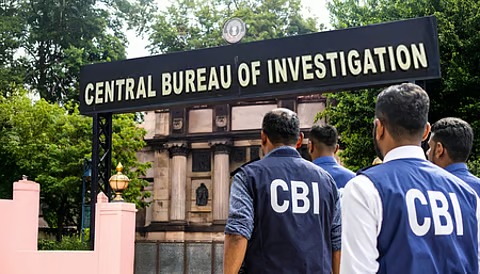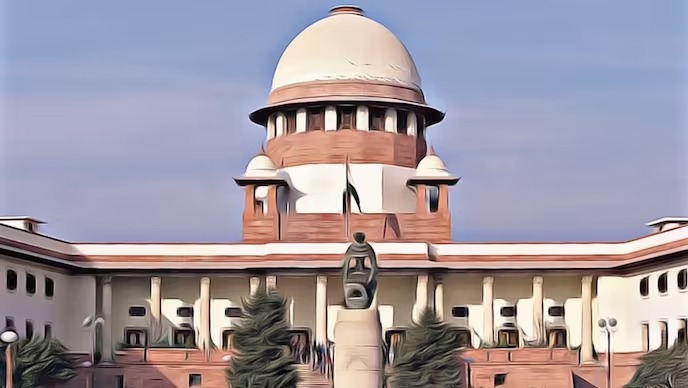Badar Durrez Ahmed, J.@mdashThis appeal u/s 130A of the Customs Act, 1962 is preferred by the Commissioner of Customs against the order passed by the Customs, Excise & Service Tax Appellate Tribunal (Principal Bench), New Delhi on 31.08.2007 in Customs Appeal 325/2007-SM (BR).
2. The respondent had entered into a contract on 26.04.1999 with Air Headquarters, Vayu Bhawan, New Delhi for supply and installation of a DTS system at a contracted price of Rs 81,89,000/-. For the purposes of supply and installation of the said DTS system, the respondent imported CCTV systems and filed a bill of entry dated 29.07.1999 classifying the said goods under the Customs Tariff Heading 8530.80. However, the Assessing Officer was of the opinion that the said CCTV systems ought to be classified under the Customs Tariff Heading 8531.10. As a result of this, the respondent was compelled to pay customs duty on the basis of the classification insisted upon by the Assessing Officer. Consequently, the additional customs duty paid in view of this change in classification was Rs 4,43,496/-. Thereafter, the respondent challenged the said classification by the Assessing Officer and the respondent''s challenge was ultimately found to be successful. The Department agreed with the respondent that the classification for the imported CCTV systems had been rightly done by the respondent under the Heading 8530.80.
3. In view of the above, the respondent, being entitled to a refund, filed a refund application for the said excess duty paid to the extent of Rs 4,43,496/-. The refund application was ultimately allowed by the Deputy Commissioner (Refund). However, it was directed by him that the amount be credited to the Consumers Welfare Fund as the incidence of the duty had been passed on to the buyer, namely, the Air Headquarters, Vayu Bhawan, New Delhi.
4. After considering the facts and circumstances of the case, the Tribunal returned a finding that the Commissioner (Appeals) had not disputed the fact that the respondent had collected only the contracted amount as evident from the ledger, the invoice and the contract. Consequently, the Tribunal arrived at the conclusion that the finding of the Commissioner (Appeals) that the total amount received by the respondent also included the amount of customs duty on the goods at the time of importation was clearly without any basis. The Tribunal was of the view that it was evident that the refund of excess amount of duty paid by the appellant was beyond the contracted price. Consequently, it was directed that the respondent be allowed the consequential relief and the refund be made to it.
5. We are of the view that the finding arrived at by the Tribunal cannot be interfered with for more than one reason. The first reason being that no perversity in the said finding has been pointed out by the learned Counsel for the appellant. The second reason being that the contract arrived at between the respondent and the Air Headquarters was on 26.04.1999 for a price of Rs 81,89,000/-. This contracted price was determined prior to the respondent making the import of the said CCTV systems. The import was made subsequently as is evident from the fact that the bill of entry is dated 29.07.1999. The respondent had claimed classification under Customs Tariff Heading 8530.80 and if that had been accepted by the Assessing Officer, the duty payable by the respondent would have been Rs 15,82,705/-. The Assessing Officer did not agree with the classification and compelled the respondent to classify the said imported CCTV systems under the Customs Tariff Heading 8531.10, as a result of which the respondent was compelled to pay customs duty of Rs 20,26,201/-. The excess duty was to the extent of Rs 4,43,496/-. If the respondent had passed on the incidence of this excess duty, then the contracted price ought to have been increased by this figure. But, we find that the contracted price remained Rs 81,89,000/-. Therefore, the excess duty paid was clearly absorbed by the respondent. It is obvious that in these circumstances, since the incidence of the excess duty had not been passed on to the customer (Air Headquarters), the respondent would be entitled to the refund.
6. We see no reason to interfere with the order passed by the Tribunal. No substantial question of law arises for our consideration. The appeal is dismissed.

